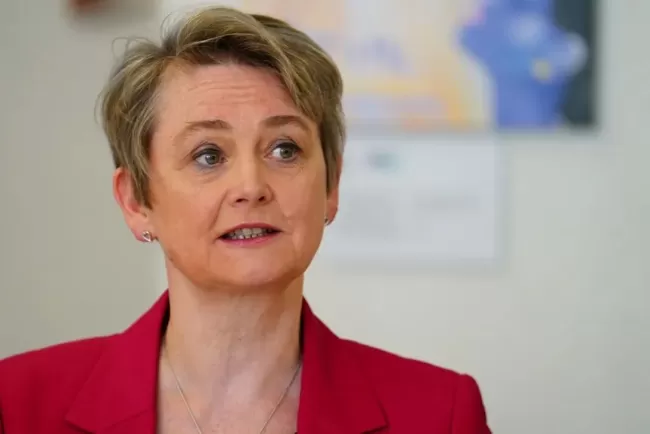Turkey's Unrest: Mass Protests Erupt Following Arrest of Istanbul Mayor
In a dramatic escalation of civil disobedience, tens of thousands of citizens in Turkey have taken to the streets for four consecutive nights, protesting the arrest of Istanbul Mayor Ekrem İmamoğlu on charges of corruption and terrorism-related offenses. This unrest, described as the worst in over a decade, has seen widespread clashes between police and demonstrators, with authorities deploying tear gas, rubber bullets, and water cannons to disperse crowds.
Protests Spread Nationwide
The demonstrations began on Wednesday, quickly spreading to 55 of Turkey's 81 provinces, as citizens defied government bans on public gatherings. Protesters brandished placards declaring "Dictators are cowards" and rallied outside courthouses where İmamoğlu is set to stand trial. The opposition party, the CHP, estimates that over half a million Turks have participated in the protests, voicing their dissent against what they perceive as an unlawful arrest aimed at silencing political opposition.
Police Response and Arrests
In response to the protests, riot police took aggressive measures, utilizing tear gas and rubber bullets in an attempt to control the situation. Reports indicate that 343 individuals have been arrested amidst the unrest, as clashes between police and protesters intensified across major cities, including Ankara and Izmir. In Ankara, riot police targeted demonstrators with water cannons, while in Izmir, authorities blocked a student rally heading toward the ruling party's offices.
Political Implications
President Recep Tayyip Erdoğan condemned the protests, accusing İmamoğlu's party of attempting to disturb public peace and polarize the nation. In contrast, İmamoğlu has refuted the allegations against him, calling them baseless and an attack on his credibility. As a significant political figure and a strong contender in upcoming elections, İmamoğlu's leadership is viewed as a serious challenge to Erdoğan's rule, particularly as opinion polls suggest he leads in public support.
Looking Ahead
The ongoing protests reflect deeper societal tensions and a growing discontent with the ruling AKP party's governance. As Turkey grapples with economic challenges and political dissent, the events surrounding İmamoğlu's arrest may catalyze further unrest and reshape the political landscape in the country. The coming days will be critical in determining whether the protests can lead to meaningful change or if they will be met with increased governmental repression.
Stay informed about the latest developments in Turkey and the unfolding political landscape by following our updates.
What's Your Reaction?















